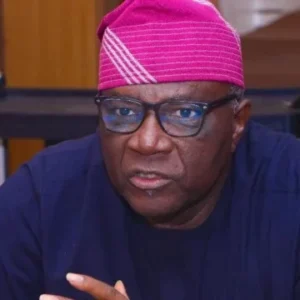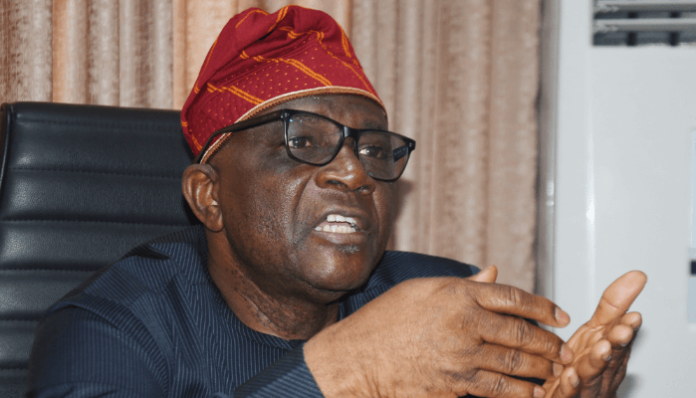The Presidency has confirmed that Nigerians’ feedback played a significant role in President Bola Tinubu’s decision to dismiss five ministers during his recent cabinet reshuffle. On Wednesday, President Tinubu announced a major shake-up, reassigning 10 ministers to new roles, relieving five from their positions, and nominating seven new individuals for Senate confirmation.
The shake-up also included renaming the Ministry of Niger Delta Development to the Ministry of Regional Development, scrapping the Ministry of Sports Development, and merging the Ministries of Tourism and Arts and Culture into the Federal Ministry of Art, Culture, Tourism, and the Creative Economy.
Among those dismissed were Uju Kennedy-Ohanenye (Minister of Women Affairs), Lola Ade-John (Minister of Tourism), Tahir Mamman (Minister of Education), Dr. Jamila Bio Ibrahim (Minister of Youth Development), and Abdullahi Gwarzo (Minister of State for Housing and Urban Development).
Bayo Onanuga, Special Adviser to the President on Information and Strategy, explained that these decisions were driven by public opinion, reinforced by data from a new technological system designed to allow Nigerians to assess the ministers’ performance.
“It wasn’t done arbitrarily. Hadiza Bala Usman brought in technology, asking Nigerians to rate the ministers. So, the removal of these ministers was based on empirical facts, shaped by the public’s perception. The scorecards were filled out by the people, and the President acted on those results,” Onanuga said during an interview on Wednesday night.

He further clarified that it wasn’t just about meeting the President’s expectations, but also aligning with public sentiment. “A few weeks ago, during a cabinet meeting, the President urged the ministers to inform Nigerians of their accomplishments, because, according to him, there was a public perception that the government wasn’t performing. The government believed it was, but the ministers weren’t effectively communicating their work,” Onanuga added.
Additionally, Onanuga hinted at upcoming government measures aimed at reducing expenses. “The President will soon announce measures to reduce government expenditure, starting with the ministers. I don’t want to pre-empt the details, but the cuts will be significant to demonstrate the government’s seriousness in reducing the cost of governance.”
He concluded by reaffirming the government’s commitment to addressing national challenges. “It’s not about the size of the government, but about having many competent hands to drive its agenda. You will hear announcements soon about how the government plans to cut the cost of running its affairs.”




